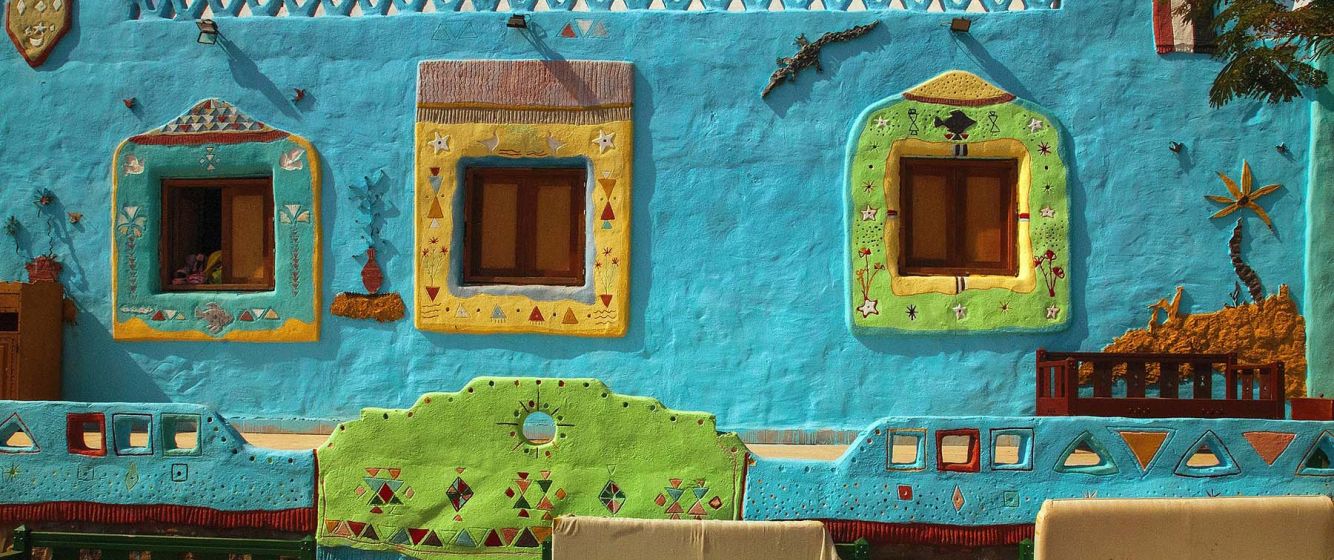
Mapping the Upper Nile: Reviving Nubian Heritage for a Sustainable Future
Call for Participants for an International and Multidisciplinary In-Situ Graduate School (ISGS).
A collaborative program of the International Institute of Asian Studies (Leiden), University of Aswan, and the Fakhour Ana community-based foundation (Aswan)
ISGS dates: 18-26 April 2026
Application deadline: 15 October 2025
Go to the website of IIAS for detailed information about this call.
Background and Concept
Aswan, a historic river city in southern Egypt (“Upper Egypt”), serves as a unique case study for exploring the interplay between culture, ecology, and the economy along the Nile. Positioned as the traditional gateway to Nubia, Aswan has long been a cultural and economic hub, shaped by its location on one of the world's most vital rivers.
Historically, the Nile has been central to Aswan’s identity, providing fertile lands for agriculture and serving as a trade route linking sub-Saharan Africa with northern Egypt and the Mediterranean. The city’s Nubian community, deeply tied to the river, developed unique cultural traditions and sustainable practices adapted to life along the Nile. However, the construction of the Aswan High Dam in the 1960s brought transformative changes. While the dam provided economic benefits, such as flood control and hydroelectric power, it also led to significant displacement of Nubian communities and altered the river's ecology, affecting local biodiversity and fishing practices.
Today, Aswan’s population is a blend of indigenous Nubians, Egyptians, and migrants from other parts of the country. The economy, once dominated by agriculture and river-based livelihoods, has shifted toward tourism and small-scale commerce. However, the city faces pressing challenges, including water management issues, climate change impacts, and the erosion of cultural heritage. Nubian communities are advocating for the preservation of their cultural identity and the revitalization of traditional practices.
This workshop is justified by the urgent need to address Aswan’s ecological and socio-cultural challenges. It aims to empower the community by documenting the region's heritage, fostering sustainable development, and creating educational tools that preserve Nubian traditions while addressing contemporary needs. By focusing on Aswan, the workshop will provide actionable insights into the complex dynamics of river cities and their evolving relationship with the Nile.
Go to the website of IIAS for detailed information about this call.
Aswan
Egypt